Pound falls as Bank of England hints at fresh stimulus measures
- Published
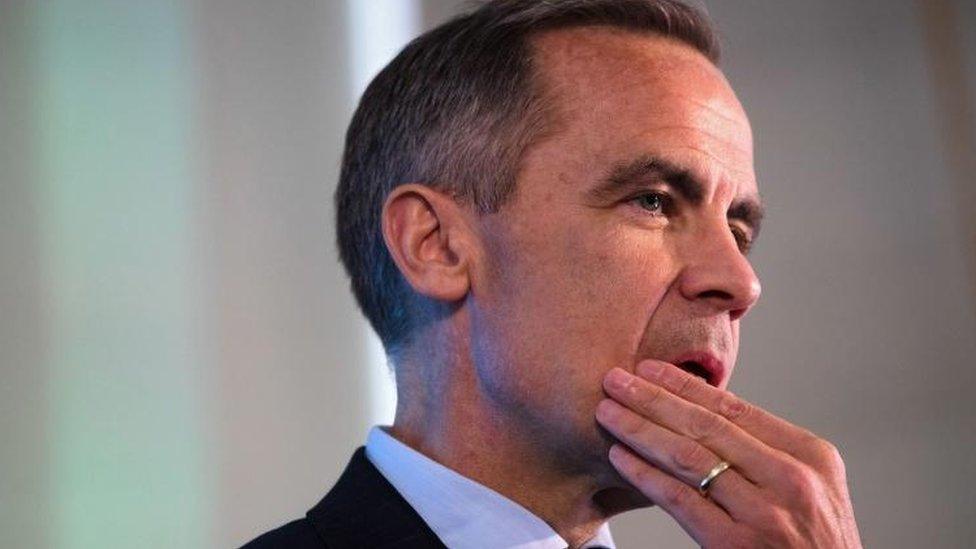
The pound has fallen by more than 1% after Bank of England governor Mark Carney hinted at fresh economic stimulus measures.
He said it was likely "some monetary policy easing" would be required in response to the Brexit vote.
A deteriorating economic outlook means action from the Bank is likely during the summer, Mr Carney said.
The Bank's key interest rate - currently at a record low of 0.5% - is its chief tool of monetary policy.
A cut in interest rates would have a knock-on effect on savings rates, and makes the pound a less attractive currency to hold and do business in.
Mr Carney was speaking to business leaders in his second speech since the UK's vote to leave the EU.
"In my view, and I am not pre-judging the views of the other independent Monetary Policy Committee (MPC) members, the economic outlook has deteriorated and some monetary policy easing will likely be required over the summer," he said.
This points to the likelihood of a cut to interest rates from their already record low.
It also creates the distinct possibility of further quantitative easing over the summer.
This is when the Bank buys assets, often government bonds, thereby increasing the supply of money in the economy.
The MPC next meets in the middle of July and then again in August.
How will Brexit affect your finances?
Markets shift after Carney speech
What has Brexit done to the economy?
In answer to questions from journalists, Mr Carney said the MPC would make an assessment between the meetings as to whether a policy response was required and if so, what it would be.
The Bank's predictions are that growth will be slower than previously expected next year.
Until now, the Bank had been predicting a fall from 2.3% to 1.6%, and that was based on a vote to remain in the EU.
"It now seems plausible that uncertainty could remain elevated for some time, with a more persistent drag on activity than we had previously projected," he said.
Interest rate cuts
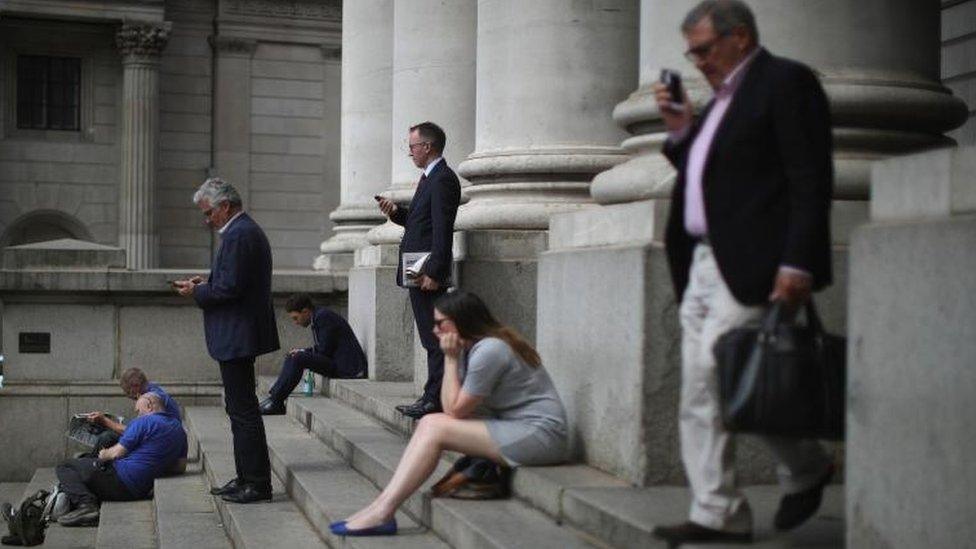
Any cut in interest rates would mean cheaper borrowing for UK householders, but a further period of low returns for savers.
But Mr Carney accepted there were risks to taking such action, and the effects on businesses and individuals.
"As we have seen elsewhere, if interest rates are too low - or negative - the hit to bank profitability could perversely reduce credit availability or even increase its overall price," he said.
He gave an assurance that the Bank would take "whatever action is needed" to support growth, but also said that it was an "uncomfortable truth" that the Bank could not in itself affect the direction of the economy.
"Monetary policy cannot immediately of fully offset the economic implications of a large, negative shock," he said.
"The future potential of this economy and its implications for jobs, real wages and wealth are not the gifts of monetary policy makers.
"This will be driven by much bigger decisions; by bigger plans that are being formulated by others."
Market volatility
He assured the UK that it had one of the most flexible economies in the world.
"The question is not whether the UK will adjust but rather how quickly and how well," he said.
On Friday, just hours after the result of the vote became clear, Mr Carney said that the Bank stood ready to provide more than £250bn of additional funds if required.
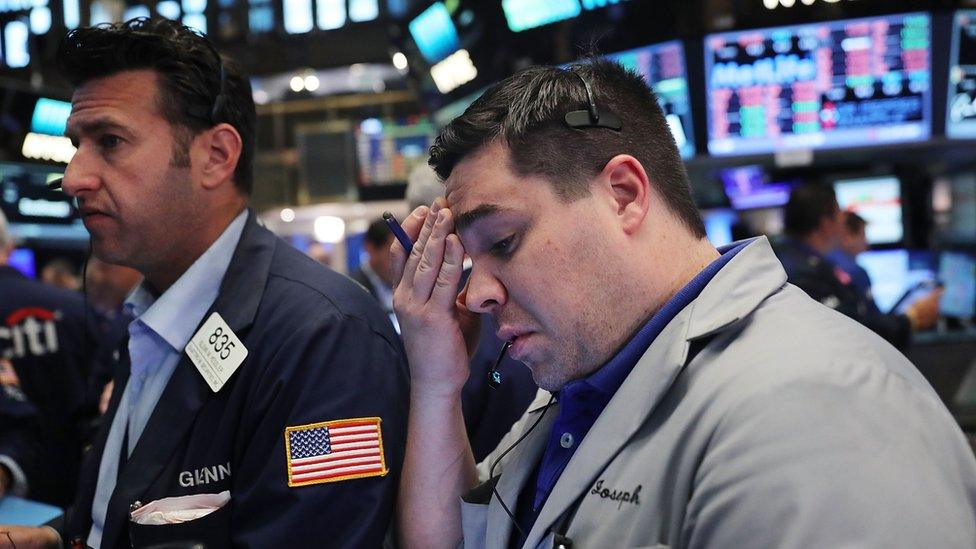
This was "as a backstop, and to support the functioning of markets", he said on Friday.
Before the vote, Mr Carney had said the risks of leaving "could possibly include a technical recession". The world's financial markets have witnessed considerable volatility in the days since the referendum.
Initially traders and investors saw heavy falls, but then there was a recovery with the FTSE 100 moving back above where it had closed last Thursday.
The FTSE 250 index - which contains more UK-focused companies - still remains clearly lower than its pre-referendum level.
- Published30 June 2016
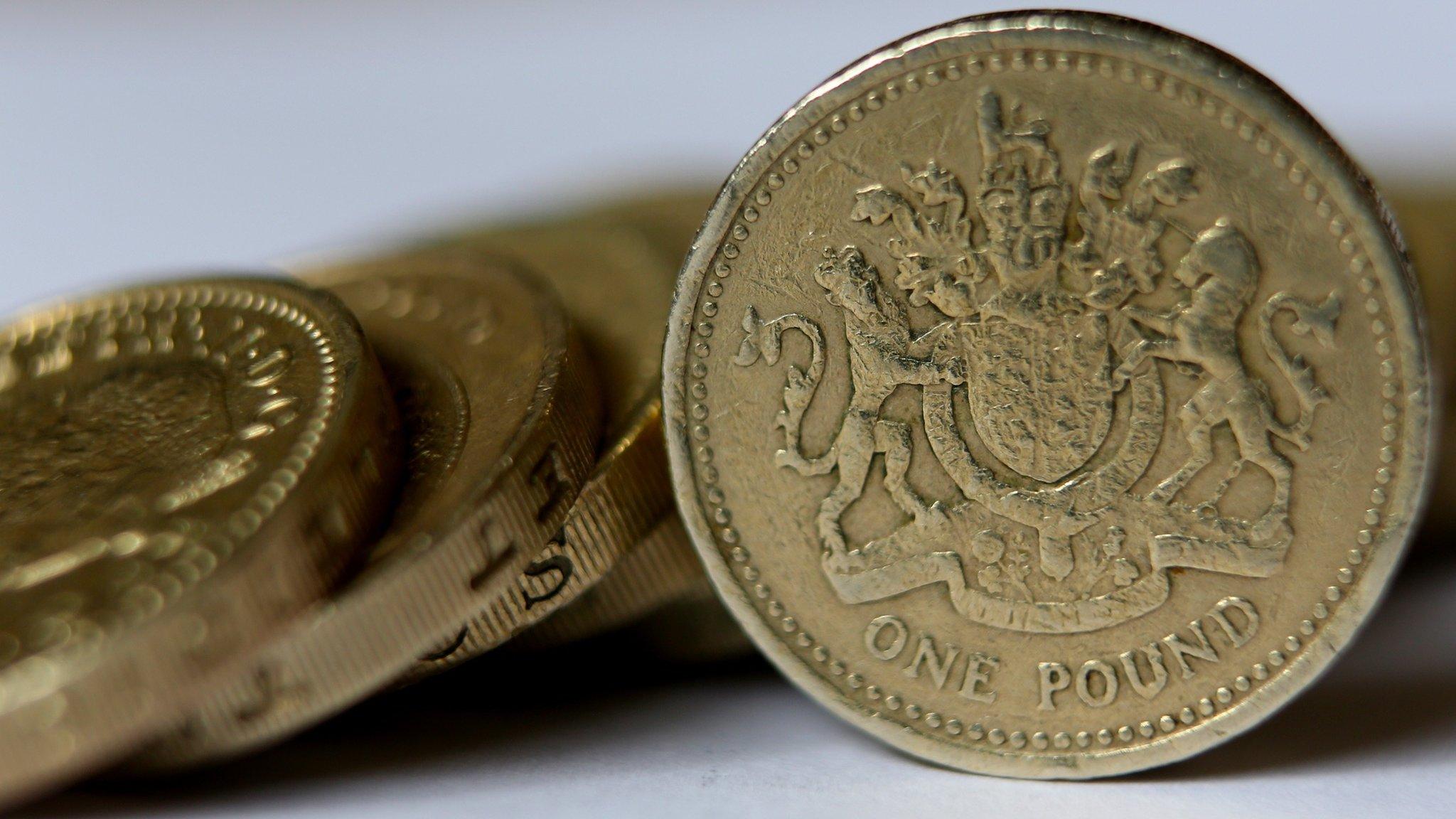
- Published24 June 2016
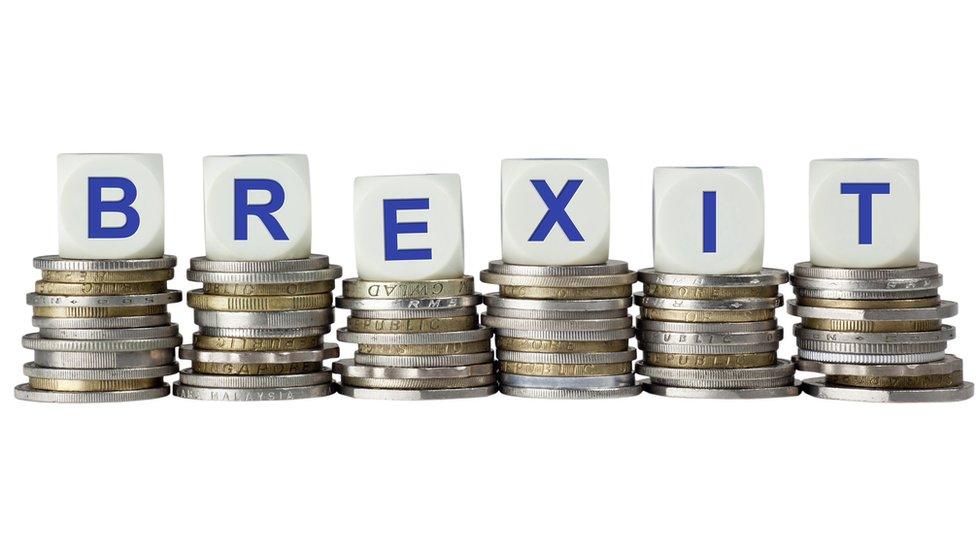
- Published30 June 2016
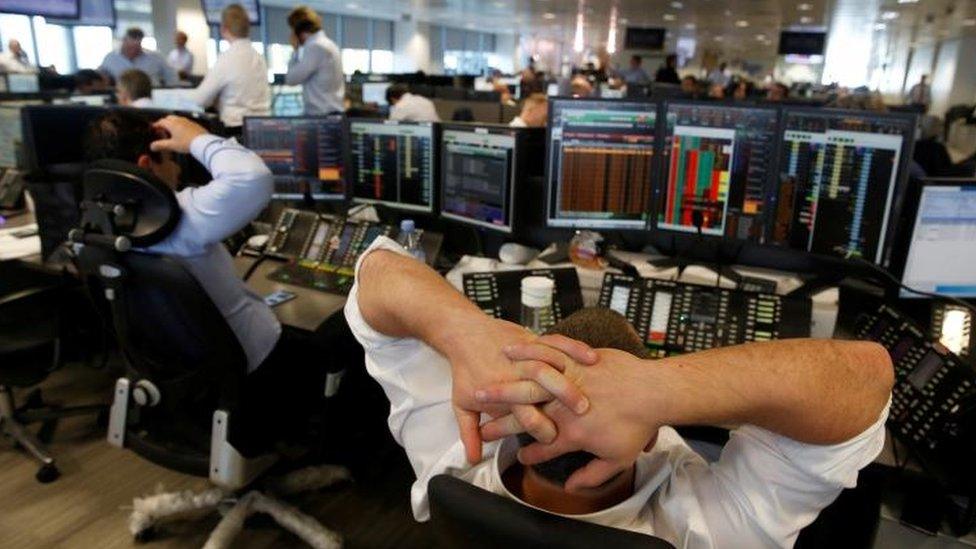
- Published29 June 2016
